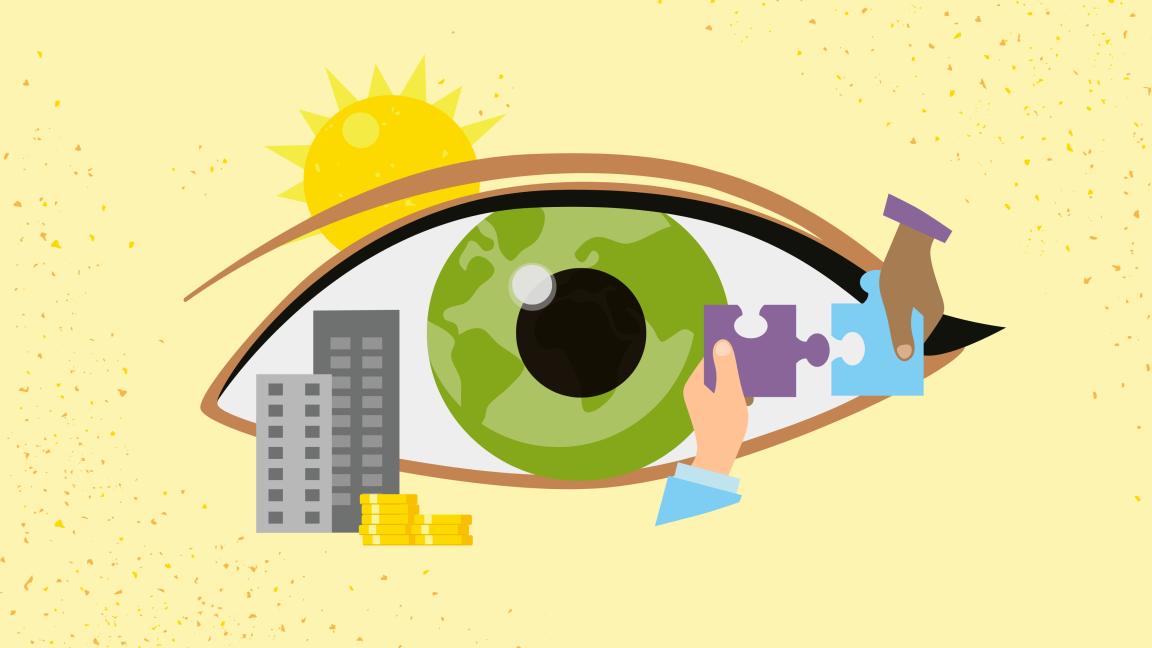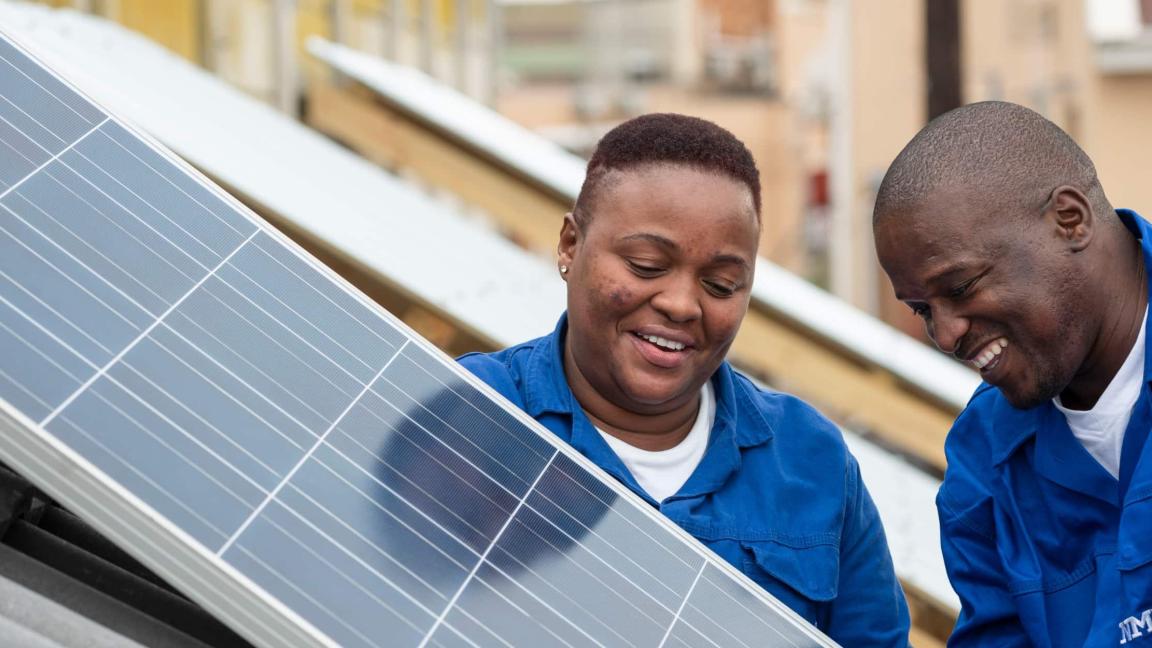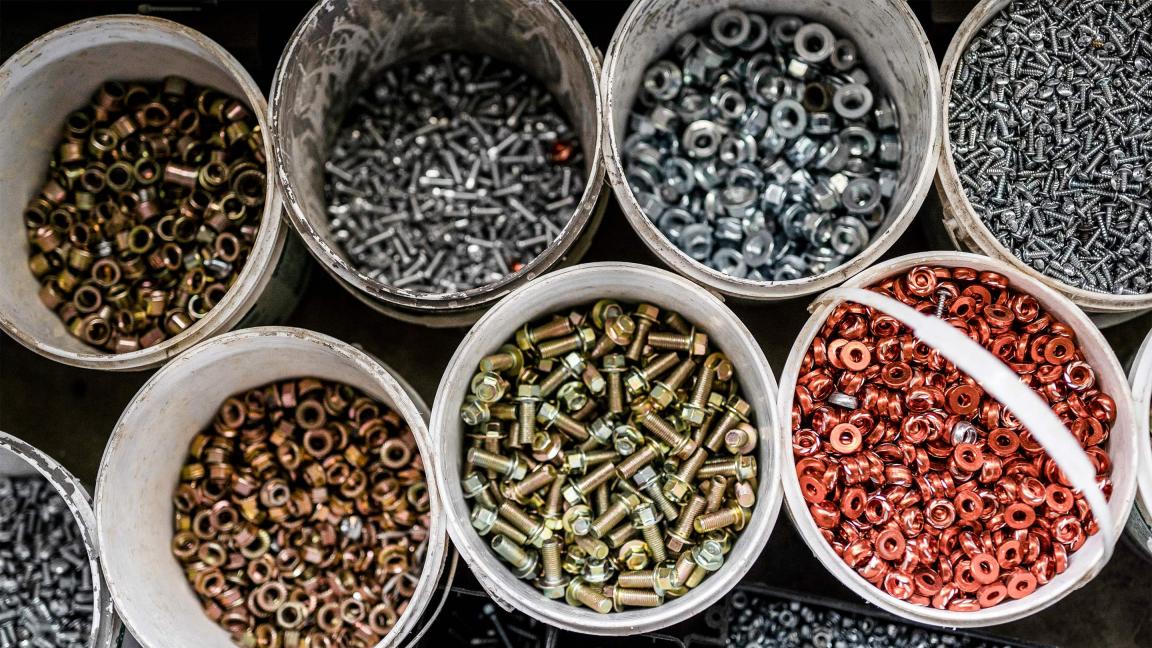
Economic development and employment
Economic growth occurs when many people participate in shaping change. We strengthen vocational education and training, fair employment, financial systems and political framework conditions – in a socially just and environmentally viable way.
Our skills and expertise
-
Improving framework conditions
We advise policymakers, administrations and central banks on reforms that are favourable to the economy and employment.
-
Increasing opportunities for work
We promote needs-based training and strong job placement systems, and build bridges between employment and training.
-
Strengthening financial systems
We improve access to fair financial services and support stable, regulated financial markets.
-
Activating potential
We connect the economy and society: for inclusive growth, social participation and long-term prospects.

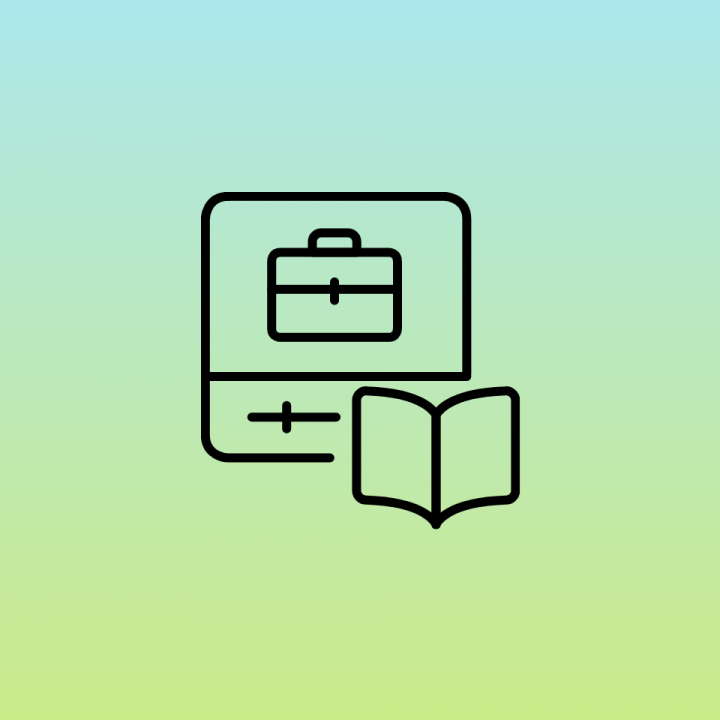

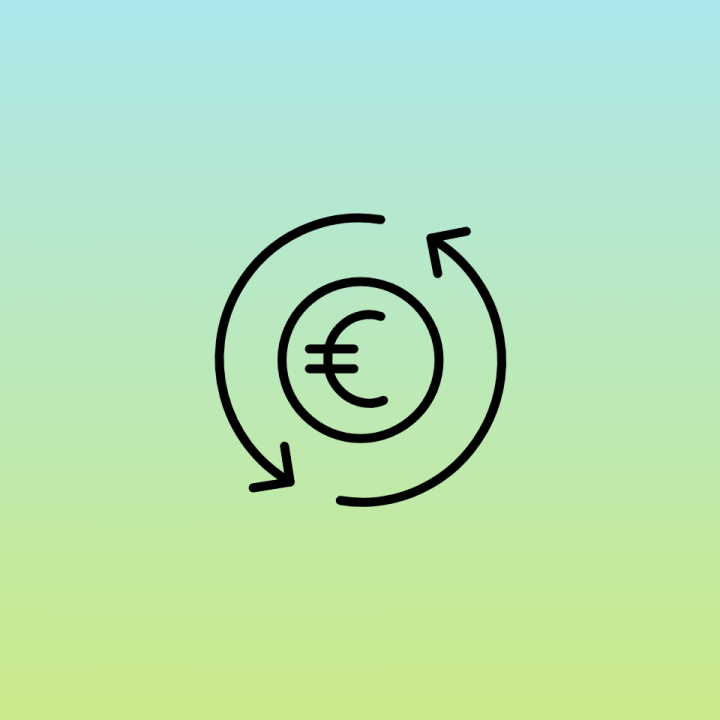
Projects in focus
